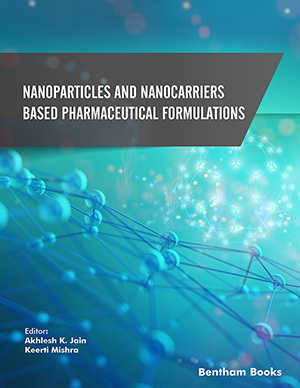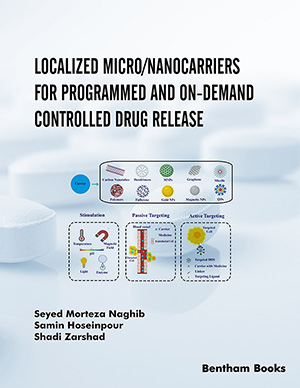
Abstract
Background: Antimalarial drugs are medicines that are used to prevent or treat malaria effectively at different stages in the life cycle of the malarial parasites. In spite of this, a good number of these drugs have the potential to cause harm when they are misused or abused. Objective: This study was undertaken to evaluate the effects of commonly-used antimalarial drugs in the North Western region of Nigeria on haemolysis and DNA fragmentation in the blood of normal and malarial infected humans ex vivo.
Method: The drugs used were artemisinine, artesunate, chloroquine, coartem and quinine (0.5-8.0 mg/ml). Haemolysis, haemoglobin status and DNA fragmentations were assayed for using standard procedures.
Results: It was observed that all the drugs induced a remarkable dose-dependent haemolysis with more pronounced effects on apparently healthy humans. There was a significant (P < 0.05) decrease in the level of haemoglobin in normal blood samples when compared with control samples. Contrariwise, in the malaria-infected blood, the haemoglobin level significantly (P < 0.05) increased as compared with control. The drugs caused an exceptional significant (P < 0.05) induction of DNA fragmentation when compared with control.
Conclusion: Commonly-used antimalarial drugs induced haemolysis and altered haemoglobin status which may spontaneously increases the cellular iron levels; a substrate for Fenton and Haber Weiss reactions, and eventually induces DNA fragmentation. Hence, adequate care should be taken during prescription with total avoidance for self medications and/or drugs abuse as a result of their adverse effects within the red blood cells and its immediate microenvironment.
Keywords: Antimalarial drugs, DNA damage, haemoglobin, haemolysis, Nigeria.
 33
33
















